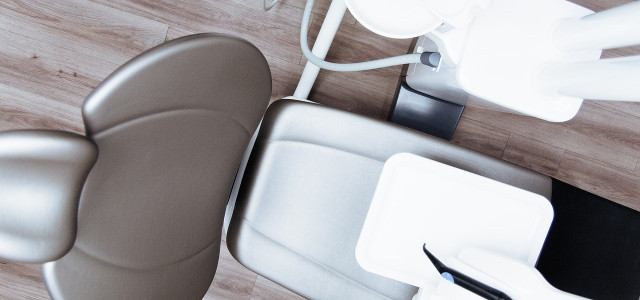
A professional teeth cleaning can help keep your teeth healthy. You can read here how this treatment works, what it costs and how effective it is.
Many dental practices offer patients the option of professional tooth cleaning (PZR). The National Association of Statutory Health Insurance Dentists (KZBV) recommends that you have such a cleaning regularly.
According to the KZBV, even the best dental care routine can be supported by professional teeth cleaning. For example, professional tooth cleaning is said to help prevent tartar and tooth decay even better than brushing alone. This is because professional cleaning reaches areas that you cannot reach with your own oral hygiene. The disadvantage: the treatment is privately paid for and not particularly cheap.
Visiting a dentist in Davenport, IA, for professional teeth cleaning offers numerous advantages for maintaining oral health. Beyond regular brushing and flossing, professional cleanings can help prevent gum disease and cavities, ensuring your smile stays healthy and bright. If you’re looking to enhance your oral hygiene routine, consider scheduling an appointment with a trusted dentist in Davenport IA to experience the benefits firsthand.
Professional teeth cleaning – what is it?
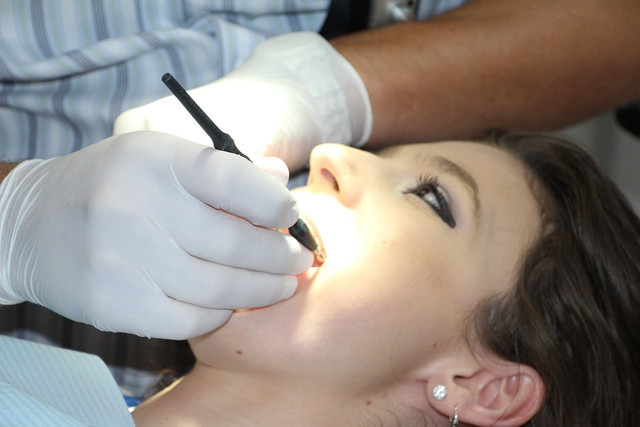
Professional teeth cleaning is called that because it uses instruments that only your dentist can use. Sonic instruments, powder jet technology and hand instruments are used to remove plaque from the tooth and root surfaces that can lead to tooth decay and periodontitis.
Visually disturbing discoloration is also reduced. At the end, your teeth are polished, which makes it harder for new bacteria to stick to them. A final fluoridation should also protect against tooth decay and help keep your gums healthy.
The most important information about PZR at a glance:
- A professional teeth cleaning is a supplement to daily dental hygiene and cannot replace it.
- The treatment is intended to potentially help prevent dental disease. It is not a treatment for existing damage.
- In addition to plaque and difficult-to-see dirt, tooth discoloration caused by tea, coffee or nicotine is also removed. Read also: Yellow teeth: What you can do about it, what you should avoid.
- You have to pay for the professional teeth cleaning yourself. The price can vary depending on the difficulty of the treatment and the number of teeth cleaned.
- The duration of the treatment also varies. You should plan for about 45 to 60 minutes.
- Dentists recommend that you have your teeth professionally cleaned about once or twice a year. If you are at high risk for periodontitis, you should have several treatments per year.
How does a professional cleaning work?
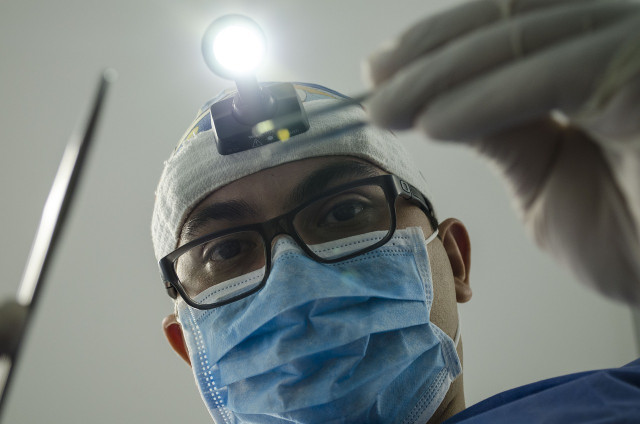
A professional teeth cleaning procedure is as follows:
- Preliminary consultation: A preliminary examination is carried out and the actual treatment is discussed.
- Cleaning of the tooth surfaces: Hard and soft deposits as well as discoloration are removed.
- Cleaning between the teeth: The hard-to-reach areas between the teeth are carefully cleaned.
- Polishing: The teeth are polished.
- Protection: Fluoridation is applied. This should provide additional protection against tooth decay.
- Individual consultation: Patients receive advice on daily oral hygiene and recommendations for their own specific case. This should also help to avoid common dental problems such as tooth decay. Good daily oral hygiene is particularly important so that you can enjoy the benefits of professional teeth cleaning for a long time.
Costs and subsidies
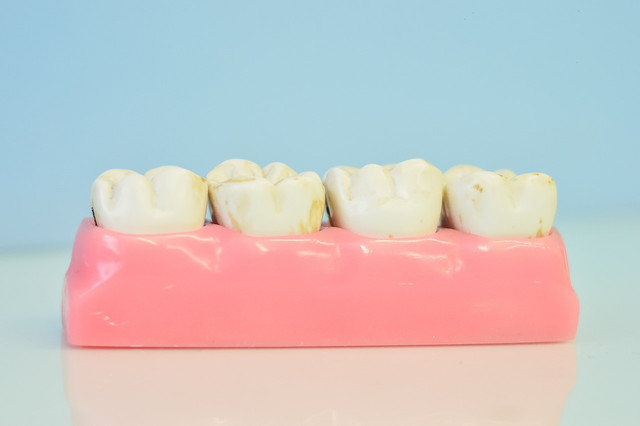
A professional teeth cleaning is not a statutory health insurance benefit. You therefore have to pay for it yourself. However, some health insurance companies offer to cover the costs – either partially or completely. This is a voluntary additional service provided by the statutory health insurance company. You are therefore not necessarily entitled to it. However, it is worth asking your health insurance company whether they will cover the costs of a professional teeth cleaning.
The costs are billed individually based on the difficulty and effort of the treatment. The following factors, for example, play a role in the price of the treatment:
- Number and condition of teeth
- Type of plaque and its amount
- Cause of the deposits
According to these criteria, the materials and equipment that need to be used can vary. This also plays a role in the price. As does the qualification of the employees. On average, you can expect to pay between 80 and 120 euros. But this can vary greatly. In addition to the factors already mentioned, it also plays a role which practice you go to and in which region.
The consumer advice center strongly advises against low-price offers. Discounts and special offers are just as dubious as package deals that are not billed according to the private fee schedule. It is better to stay away from such supposed bargains.
Tip: Get a cost estimate and compare prices at different practices.
How effective is professional teeth cleaning
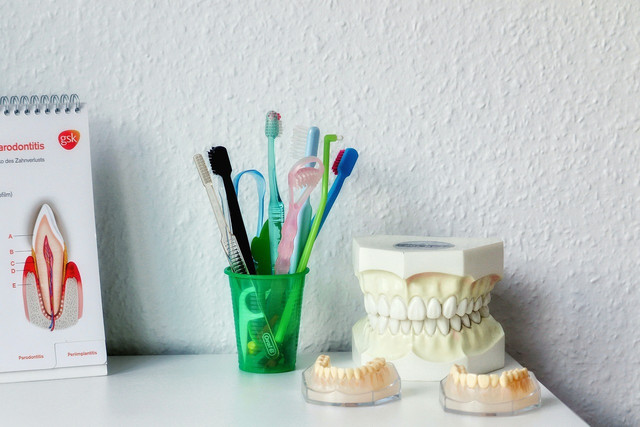
The consumer advice center refers to a meta-analysis by the Cochrane research network. This concluded that it cannot yet be proven beyond doubt that regular professional dental cleaning can really prevent diseases for people with generally healthy teeth.
However, the study did not consider all the aspects that are part of a professional teeth cleaning in Germany. Dentists point out that the package of a professional teeth cleaning includes much more than the aspects examined in the study. The fact that a professional teeth cleaning is so popular is mainly due to the fact that the treatment aims at long-term good dental hygiene. This is because it also includes a comprehensive preliminary examination and an individually tailored plan for independent dental and oral care.
However, there is still a great need for further research in this area.
However, one advantage of professional tooth cleaning was proven in the studies: the teeth of the test subjects who had regular professional tooth cleaning appeared visually much cleaner.
Advantages and disadvantages summarized
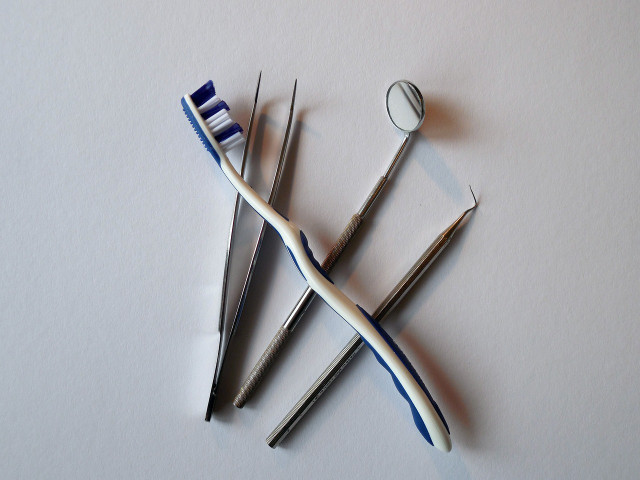
Whether you want to have a professional teeth cleaning is up to you to decide. Here you can see all the advantages and disadvantages listed again:
Advantages:
- Detailed preliminary examination (this alone can be useful to uncover deficiencies in your own dental care)
- Cleaning hard-to-reach areas may have potential benefits for long-term dental health (although this has not been conclusively proven or disproven)
- the individual final consultation can help you to optimize your own dental care routine (this definitely brings benefits for your long-term dental health)
Disadvantages:
- Expensive and not always subsidized by health insurance companies
- Prices can vary greatly
- Effectiveness of regular professional tartar removal and polishing is not proven
In general, occasional visits to specialists cannot compensate for daily neglect in dental care. Therefore, make sure you take good care of your teeth at home. Any further treatments are usually more of a bonus than a necessity, provided your teeth and gums are healthy.
Read more on Techzle.com:
- Sustainable tooth brushing: Dental care without plastic and pollutants
- Wisdom teeth extraction: When is it necessary?
- Whiten your teeth: The best home remedies